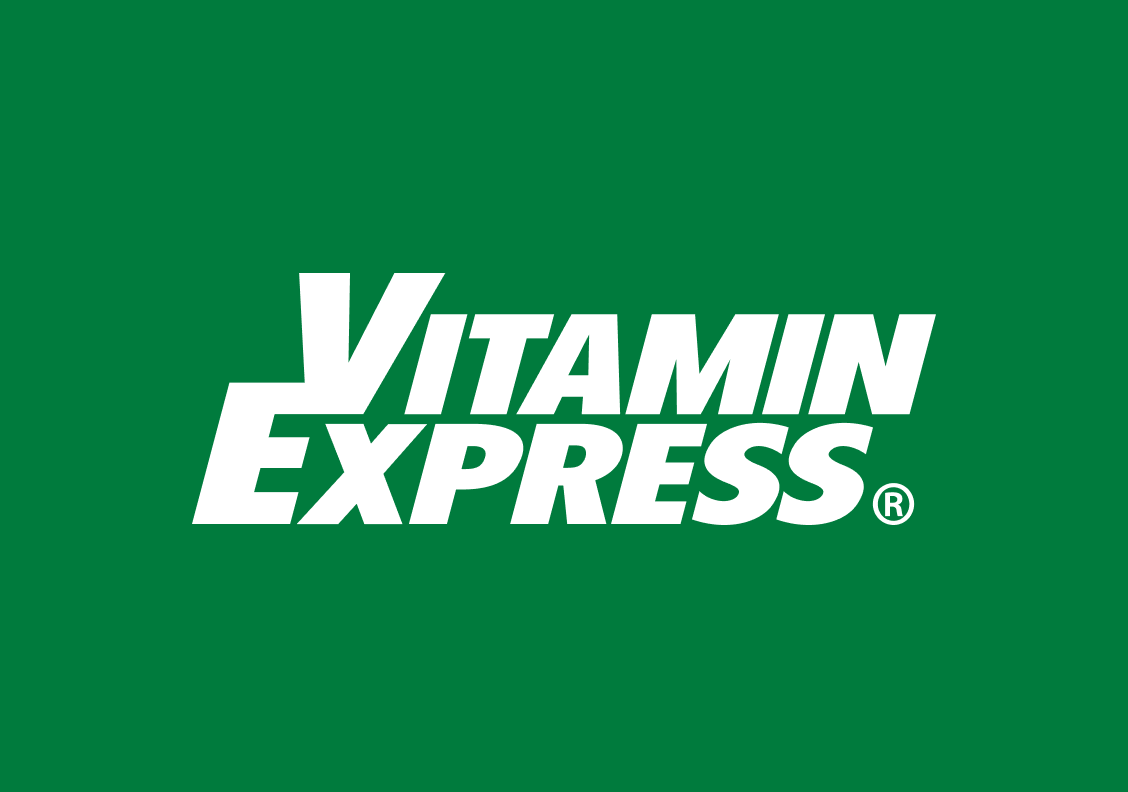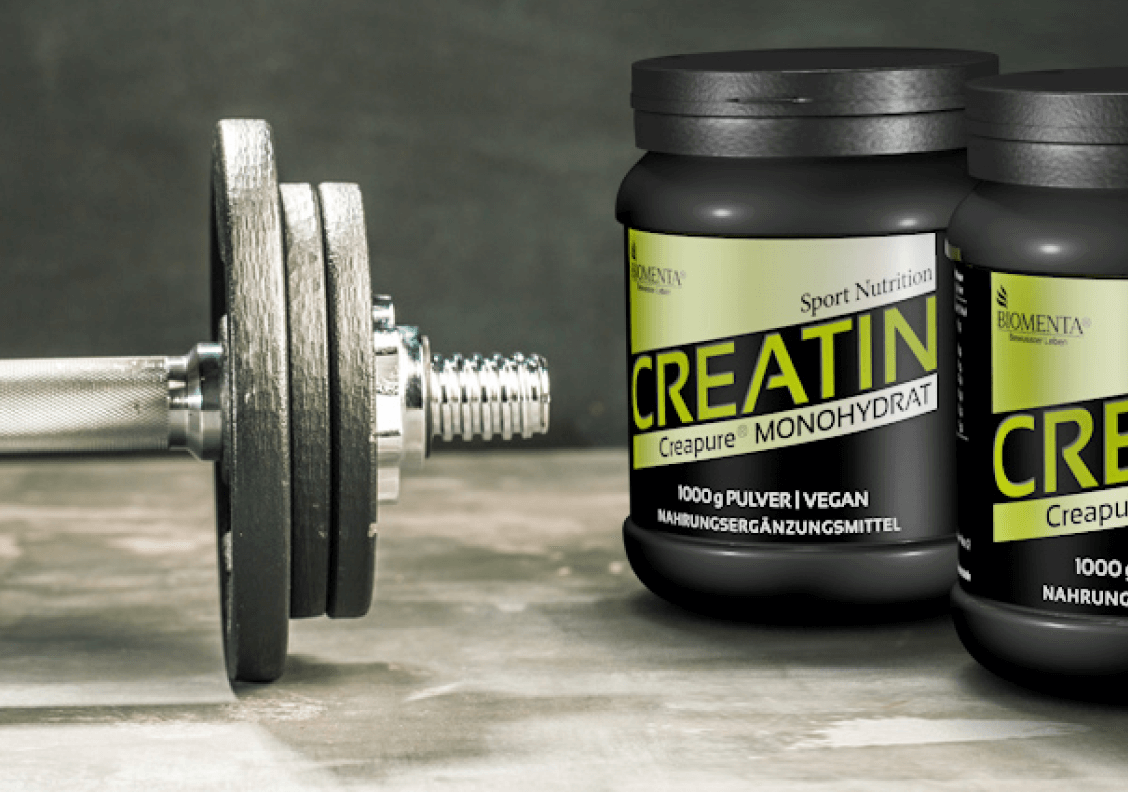If you’re trying to live a healthier life or are already on a good track toward your goals, you know the importance of good supplements in your diet. It’s like cement that glues all your efforts together!
One thing, though, with that many supplements around – from classic stuff like magnesium to recently emerging supplements like glutathione – it’s sometimes pretty hard to figure out what might be the best choice for optimal results. So, to make your choice at least a bit easier, we’ve made this article talking about the basics of supplements and recommending the stores where you can get shopping via the Monetha app.
But for starters, let’s figure out what exactly these supplements are.
What are dietary supplements?
Dietary supplements are, first and foremost, intended to add to or supplement a diet and are usually different from conventional food. Generally, supplements are drugs (even though they’re labeled as dietary supplements) intended to treat, diagnose, cure, or prevent diseases. Supplements come in many forms – from powders to gummies – and are meant to be ingested.
Types of supplements
These days, supplements are available in a range of formats, including capsules, powders, gummies, chews, functional beverages, and other alternative formats to meet the interests and tastes of consumers, thanks to innovation and technology.
Here is a quick rundown of the most popular supplements.
Vitamins and minerals
Vitamins and minerals are the essential micronutrients we need to stay alive and thrive. They support the structure and function of our bodies, including the health of our bones, heart, skin, and muscles. So, in short, they are mortar to our body’s bricks.
You can get almost all of the needed vitamins and minerals through a well-balanced diet, but supplements might come in handy to help meet the daily dose of these micronutrients. All in all, taking your daily multivitamin dose might be an excellent solution to help your body function well, and you feel good.
Specialized supplements
Specialized or targeted supplements are meant for a very specific purpose or task. If multivitamins take care of your overall health, then these specialized supplements might tackle specific issues you might have, such as heart health, digestive health, immunity, or sleep quality.
These supplements are either taken regularly or are intended to supplement diets for specific purposes, such as supporting activity or addressing special needs at various stages of life.
Herbs and other botanical supplements
These ones have been the longest with us – they are made from plants or plant extracts and have been used for ages for various health issues. Some of these supplements might come directly from vegetables and fruit, while others come from herbs and spices, such as ginseng, ginger, and garlic.
Sports Nutrition
Usually, these supplements are meant to optimize one’s performance before, during, or after their workouts, targeting things like hydration, performance enhancement, or post-workout recovery. So, if you’re into fitness, you might want to look into supplements like protein shakes to build muscle or BCAA’s for your post-workout recovery.
Benefits of taking dietary supplements
It is entirely possible to maintain or improve your overall health with dietary supplements, and they can also help you get the critical nutrients your body needs each day.
Calcium and vitamin D, for instance, can aid in the development of strong bones, fiber helps support bowel regularity, and curcumin acts as a strong antioxidant. While the advantages of some supplements are widely known, additional research is required for other supplements. Keep in mind, though, that a balanced diet should include a range of foods and that supplements shouldn’t be used in place of those items.
Are there any risks of taking dietary supplements?
As with everything in life – yes. That’s why before you decide to try a new supplement, you should always talk with a healthcare professional about whether it’s the right one in your case.
Some substances in supplements have potent physiological effects, while other supplements can also combine dangerously with other drugs, mess up lab testing, or have negative consequences during surgery. Your doctor can advise you on whether a particular supplement is best for you!
How to choose the right supplements?
Not all supplements are made equal! The main precaution to take here is to choose supplements from well-established brands, and although they might at times come at a steeper price, at least you can be sure they’re of the right potency and of the highest quality. Here are some other practical tips on choosing the right supplements:
- First off – look at the company’s website and search for indicators of its work with scientific research and development. After all, dietary supplements and science go hand in hand!
- Review the ingredients of the product and do your own research on what the experts say about a particular supplement;
- Look for sources of the ingredients – are they manufactured? Sourced ethically? Organic? Make sure every component of the supplement matches your specific conditions or dietary restrictions;
- If at any time you’re unsure of your choice – consult your health professional!
Now that we have the most important bases on dietary supplements covered, it is probably time to meet the vendors from the Monetha app from which you can get the products you are looking for. Don’t worry, though; all of these brands are tried and tested and come with thousands of positive reviews from their users!
Why should you trust us?
Yes, you’re absolutely right, we’re not healthcare professionals, and it’s only natural to question the things you read on the internet.
That said, this article’s writer has been on a years-long fitness journey herself — from Pilates lessons to CrossFit, weight lifting, cardio training, hiking, and horseback riding, to delving deeper into sports nutrition and the uses of botanical supplements. So, part of the things you’ve read come from experience, and part comes from consulting such pages as the official FDA website, NIH (National Institutes of Health), and other respectable sources.



















